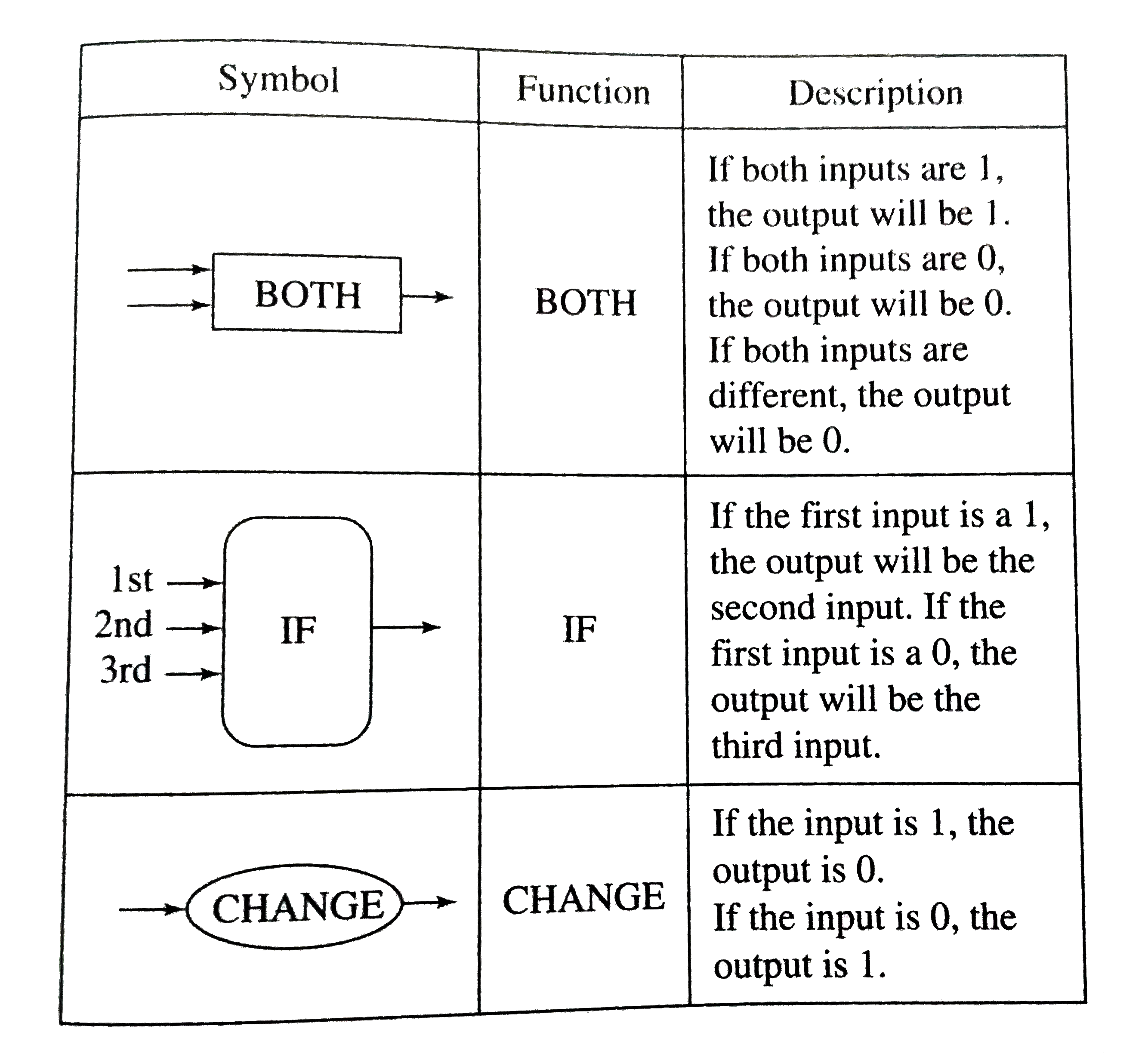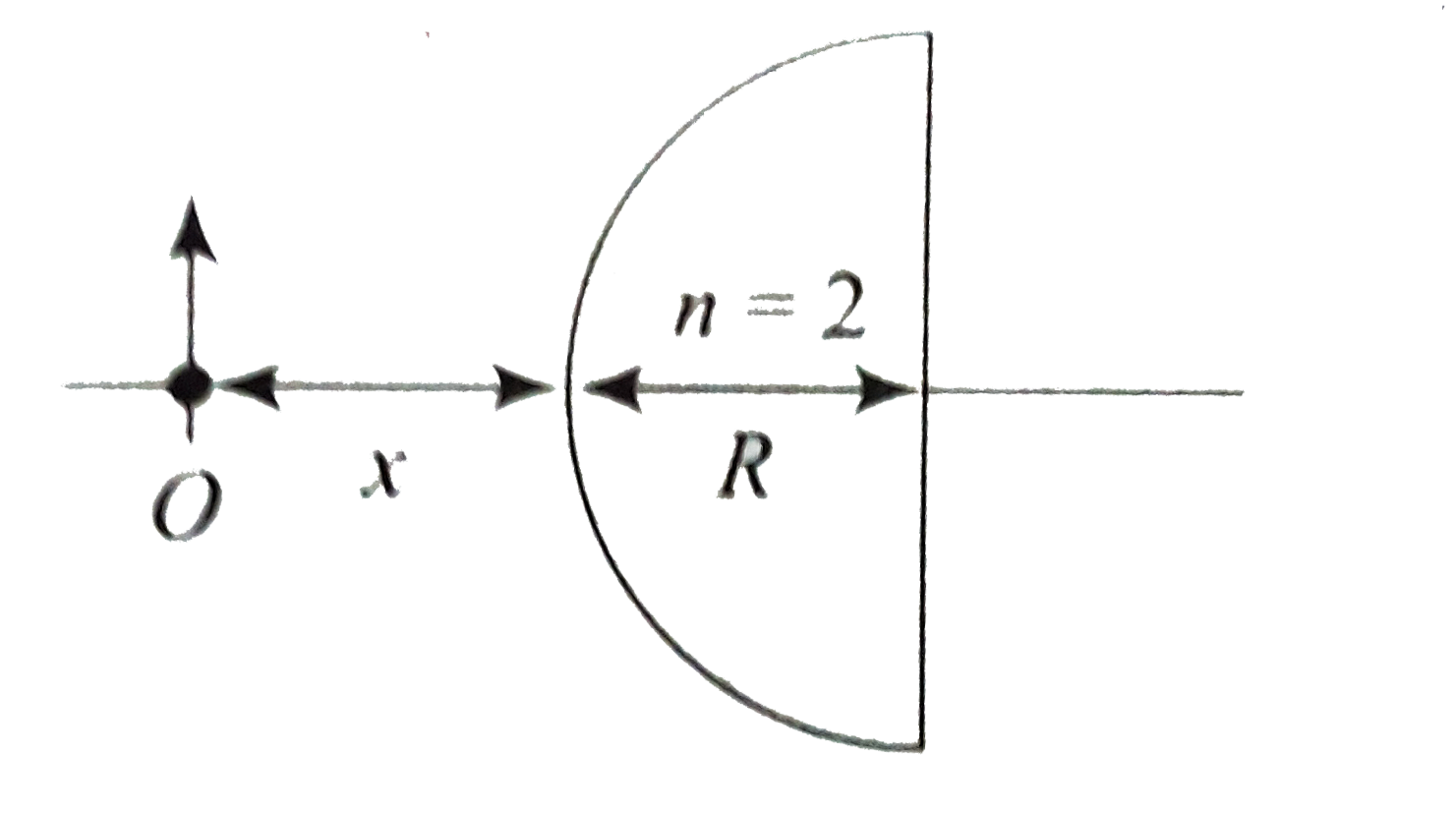Respiratory quotient (R.Q.) is defined as the ratio of a volume of CO2 evolved to the volume of O2 taken in during the respiration process. Value of R.Q. depends on the nature of respiratory substrate and to the extent to which this substance is broken down into simpler products. Which of the following situation will give us the R.Q. value as infinity when alcohol is produced?
Fats used as substrate under aerobic conditions .
Organic acid is used as a substrate under aerobic conditions.
Carbohydrate substrate used under anaerobic conditions.
Any type to substrate used under aerobic conditions.
The correct Answer is:C
To solve the question regarding the respiratory quotient (R.Q.) and the conditions under which it can be infinite during the production of alcohol, we will follow these steps:
1. Understanding Respiratory Quotient (R.Q.):
- R.Q. is defined as the ratio of the volume of carbon dioxide (CO₂) produced to the volume of oxygen (O₂) consumed during respiration.
- Mathematically, R.Q. = CO₂ evolved / O₂ consumed.
2. R.Q. Values for Different Substrates:
- Carbohydrates: R.Q. = 1 (complete oxidation)
- Fats: R.Q. = 0.7 (less CO₂ produced relative to O₂ consumed)
- Proteins: R.Q. = 0.9
- Organic acids: R.Q. can be greater than 1.
3. Condition for Infinite R.Q.:
- An infinite R.Q. occurs when the volume of O₂ consumed approaches zero, while CO₂ production continues. This situation typically arises during anaerobic respiration, where no oxygen is used.
- In the context of fermentation, especially in the production of alcohol (ethanol), the process does not require oxygen.
4. Fermentation Process:
- During fermentation, glucose is converted into ethanol and carbon dioxide. The reaction can be summarized as:
C6H12O6→2C2H5OH+2CO2
- Here, glucose is broken down anaerobically, producing carbon dioxide without consuming oxygen.
5. Conclusion:
- Since fermentation does not utilize oxygen, the volume of O₂ consumed is effectively zero, while CO₂ is produced. Therefore, the R.Q. becomes infinite.
- The correct situation that leads to an infinite R.Q. when alcohol is produced is when carbohydrates are used as substrates under anaerobic conditions.
Final Answer:
The situation that will give us the R.Q. value as infinity when alcohol is produced is carbohydrate substrate used under anaerobic conditions.
---
- R.Q. is defined as the ratio of the volume of carbon dioxide (CO₂) produced to the volume of oxygen (O₂) consumed during respiration.
- Mathematically, R.Q. = CO₂ evolved / O₂ consumed.
- Carbohydrates: R.Q. = 1 (complete oxidation)
- Fats: R.Q. = 0.7 (less CO₂ produced relative to O₂ consumed)
- Proteins: R.Q. = 0.9
- Organic acids: R.Q. can be greater than 1.
- An infinite R.Q. occurs when the volume of O₂ consumed approaches zero, while CO₂ production continues. This situation typically arises during anaerobic respiration, where no oxygen is used.
- In the context of fermentation, especially in the production of alcohol (ethanol), the process does not require oxygen.
- During fermentation, glucose is converted into ethanol and carbon dioxide. The reaction can be summarized as:
C6H12O6→2C2H5OH+2CO2
- Here, glucose is broken down anaerobically, producing carbon dioxide without consuming oxygen.
- Since fermentation does not utilize oxygen, the volume of O₂ consumed is effectively zero, while CO₂ is produced. Therefore, the R.Q. becomes infinite.
- The correct situation that leads to an infinite R.Q. when alcohol is produced is when carbohydrates are used as substrates under anaerobic conditions.
The situation that will give us the R.Q. value as infinity when alcohol is produced is carbohydrate substrate used under anaerobic conditions.
Similar Questions
R.Q. Value is an infinity during
Aerobic respiration of carbohydrates as substrate
Aerobic respiration of proteins as substrate
Aerobic respiration of fats as substrate
Anaerobic respiration of carbohydrates as substrate
View SolutionAssertion (A). RQ value for fats is less than one. Reason (R). The amount of CO2 released is less than O2 consumed when fats are used in respiration
View Solution
Knowledge Check
If volume of CO2 liberated during respiration is more than the volume of O2 used, then the respiratory substrate will be
AcarbohydrateBfatCproteinDorganic acidA formula for the volume of a right circular cone is V=13πr2h, where r is the radius of the base and h is the height of the cone. Using 227 as an approximate value for π, which of the following values is closest to the volume, in cubic inches, of a cone with height 28 inches and radius 6 inches?
A264B352C1056D4224Three different functions are defined in the table below .

The diagram below uses functions . The only values for p,q,r,s and t are 1 and 0 . Which of the following inputs (p,q,r,s,t) will produce the output 0 ?
 A(0,1,1,0,1)B(0,1,1,1,1)C(0,0,1,0,1)D(1,0,1,0,0)
A(0,1,1,0,1)B(0,1,1,1,1)C(0,0,1,0,1)D(1,0,1,0,0)
In a series LCR circuit connected to an ac source of variable frequency and voltage v=vmsinωt, draw a plot showing the variation of current (I) with angular frequency (ω) for two different values of resistance R1andR2(R1>R2). Write the condition under which the phenomenon of resonance occurs. For which value of the resistance out of the two curves, a sharper resonance is produced ? Define Q-factor of the circuit and give its significance.
View SolutionHeat of reaction is defined as the amount of heat absorbed or evolved at a given temperaturewhen the reactants have combined to form the products is represented by a balanced chemcial equation. If the heat is denofed by q then the numerical value of q depends on the manner in which the reaction is performed for the two methods of conducting chemical reactions in calorimeters.
Constant volume W = 0 and qv=ΔE Bomb calorimeter
Constant pressure W = - V ΔP, therefore qP=ΔE+PΔVrar(V.ΔP)
The heat of combustion of maltose at constant volume in the above question if water vapour are not condensed
View SolutionConsider a transparent hemispher (n=2) in front of which a small object is placed in air (n=1) as shown in figure.

Q. What is the nature of final image of the object when x=2R?
View SolutionRead the following statements (a-e) and choose the suitable option w.r.t. respiration
a. A series of slow step-wise reactions controlled by enzymes.
b. Breaking of the C-C bonds of respiratory substrates through oxidation within the cells.
c. Liberation of energy.
d. Breakdown of complex molecules to yield energy which takes place in mitochondria only.
e. Carbon skeleton produced during respiration is not used as precursor for cellular biosynthesis of other molecules.
View SolutionIf P(z1),Q(z2),R(z3) and S(z4) are four complex numbers representing the vertices of a rhombus taken in order on the complex plane, which one of the following is held good?
View Solution
